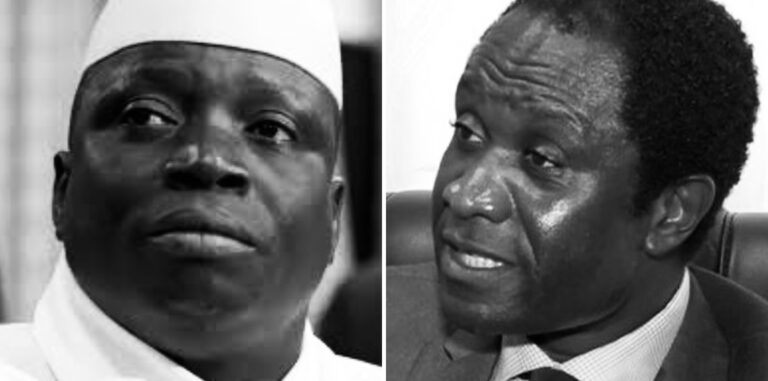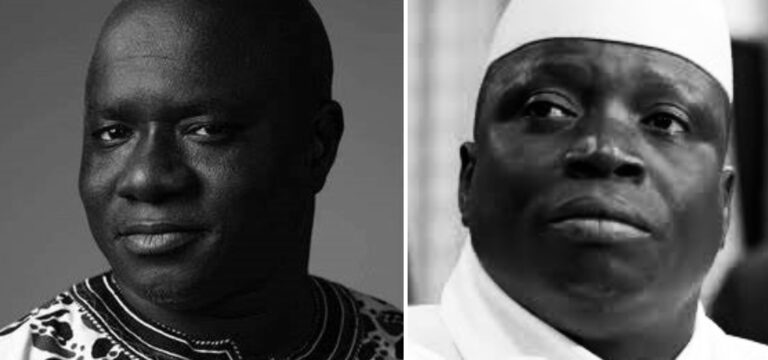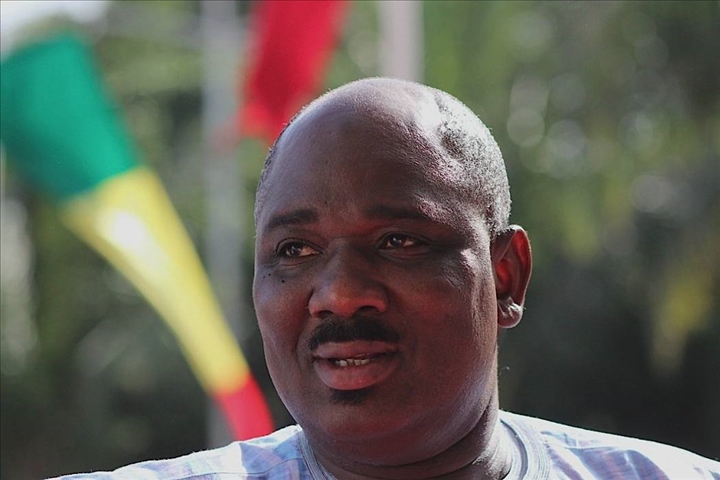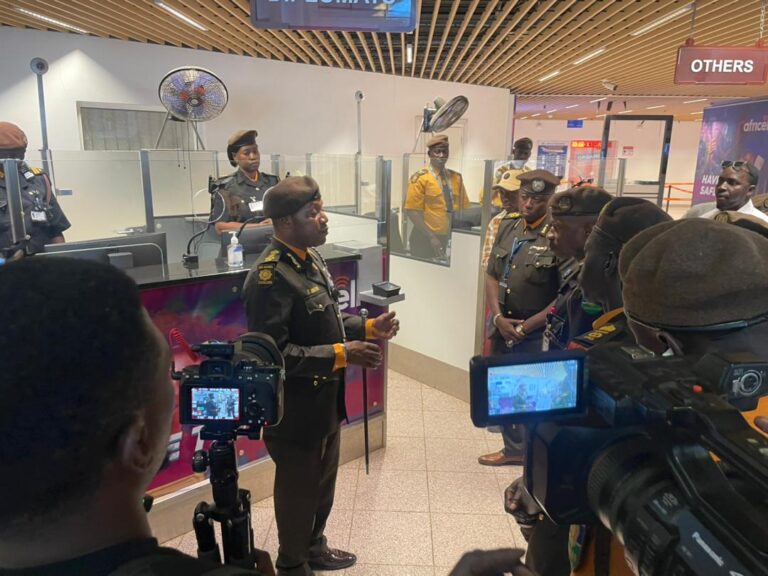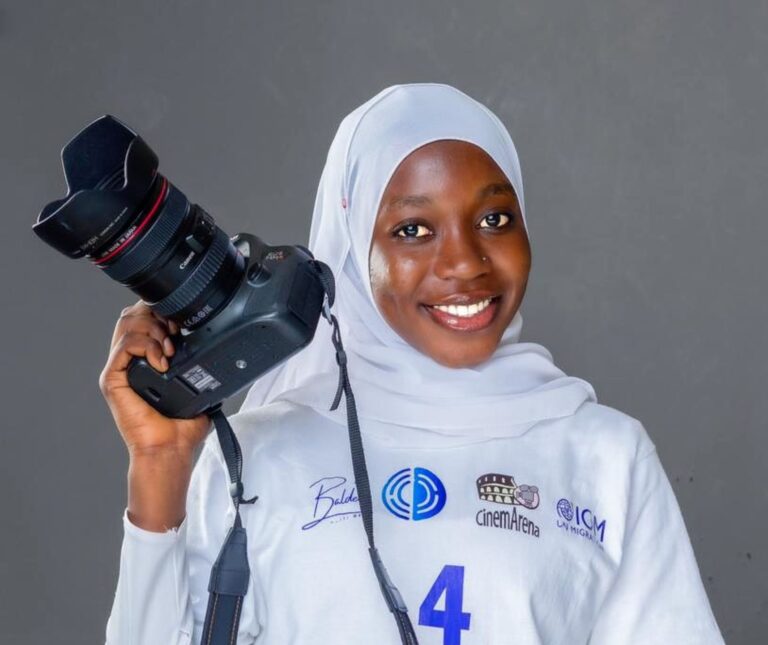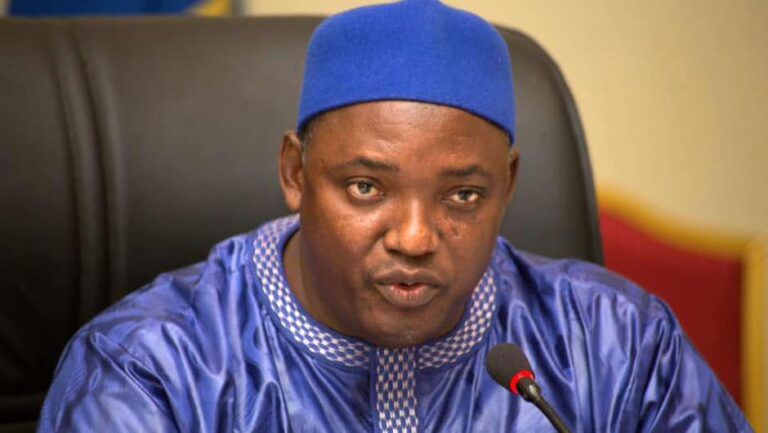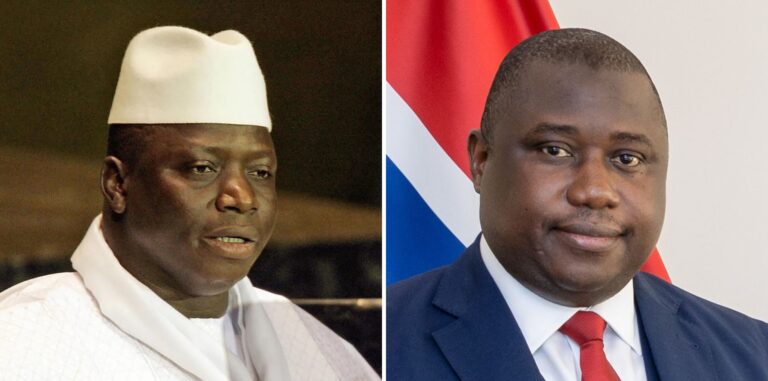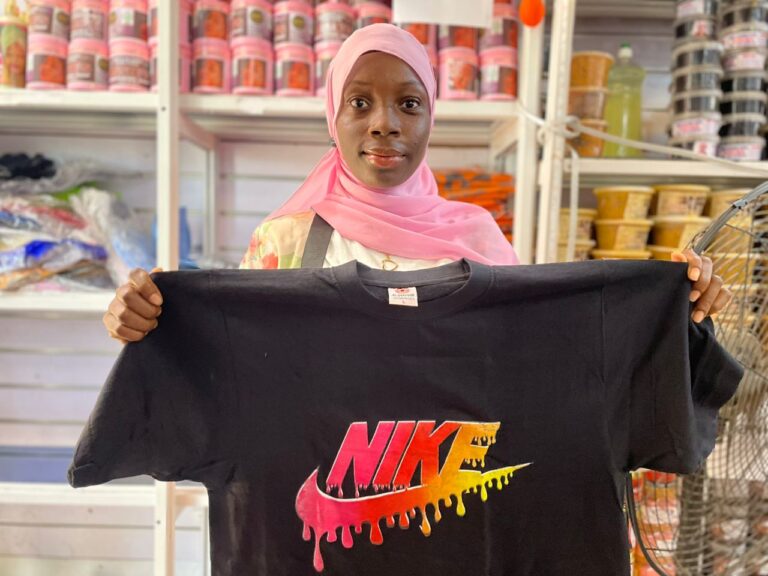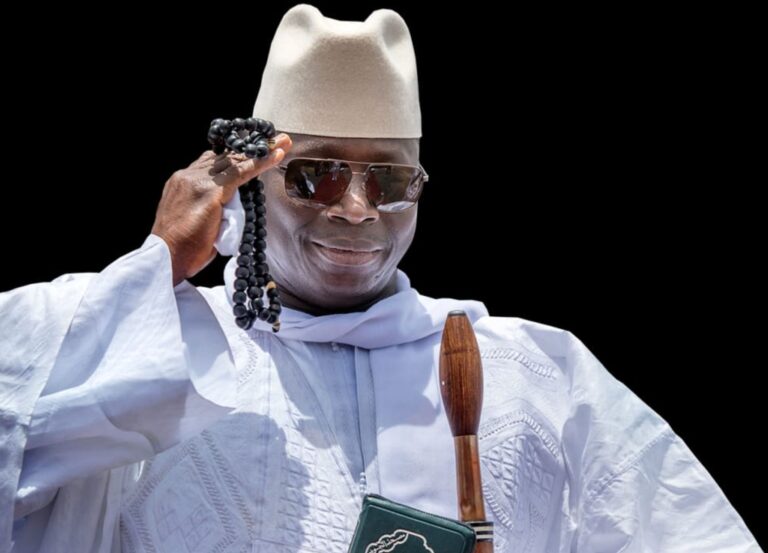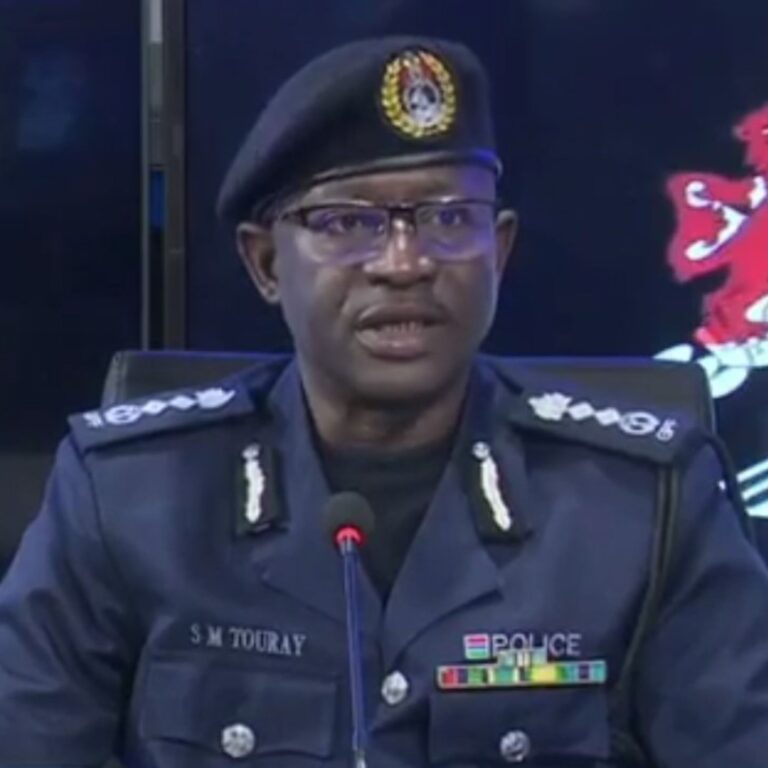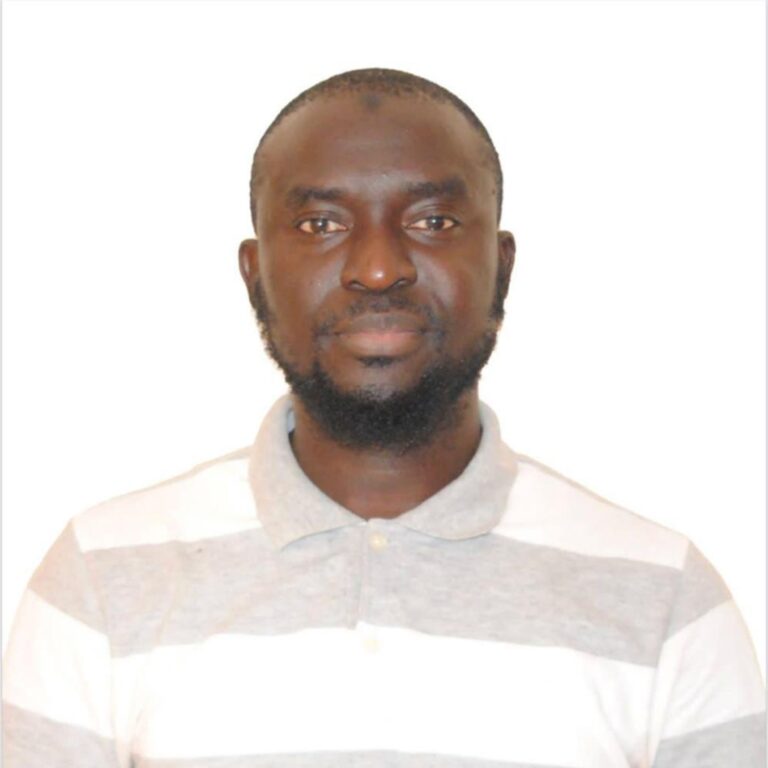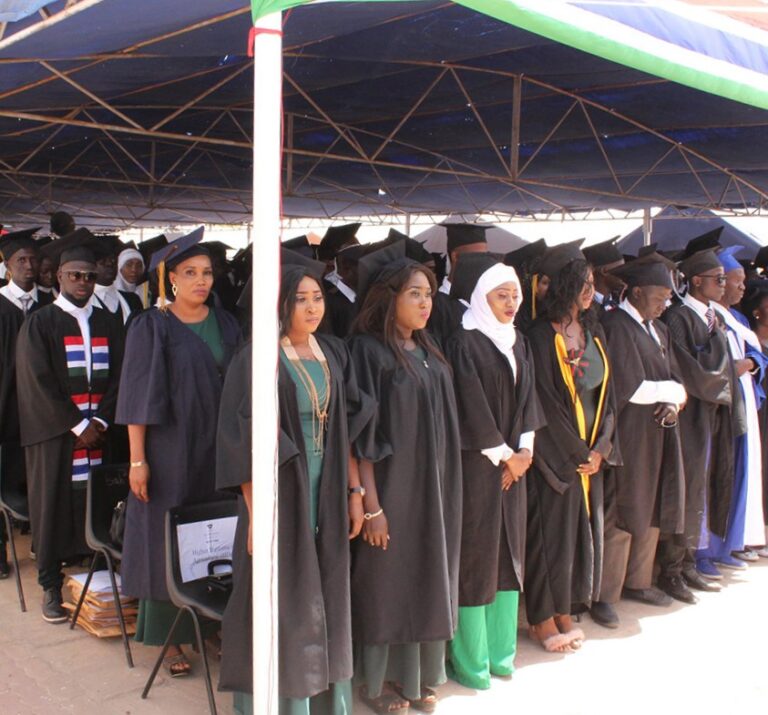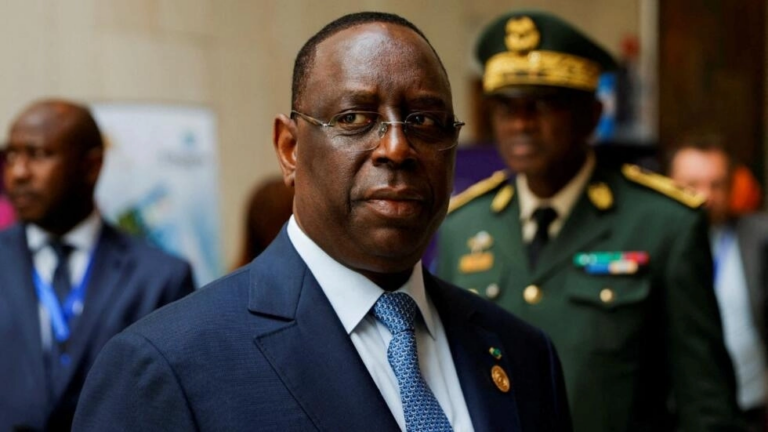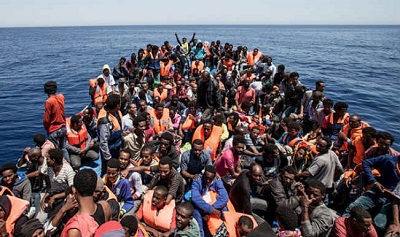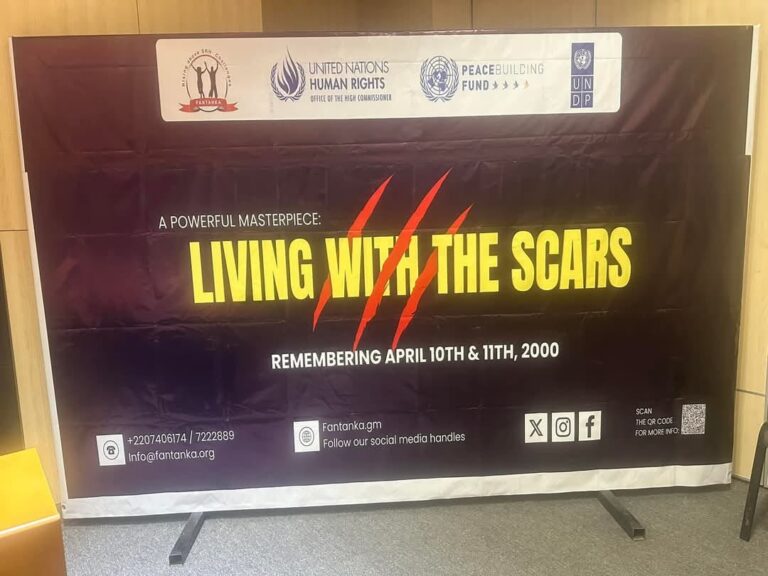By Dawda Baldeh
FANTANKA officially screened the film “Living with the Scars” on Saturday to honour the April 10th and 11th, 2000, victims in a move aimed at ensuring justice and accountability.
Funded by the United Nations Development Programme (UNDP) through Women in Liberation and Leadership following the Truth, Reconciliation and Reparation Commission (TRRC), this documentary recounts the tragic April 10th and 11th student demonstrations sparked by the death of a 15-year-old schoolboy tortured by security officials and the rape of a 15-year-old schoolgirl, calling for action and justice.
At the film screening, Mariama Jobarteh, CEO and founder of FANTANKA, spoke to the audience about the importance of addressing our shared history.
She emphasized the critical need for justice, accountability, and a commitment to preventing such tragedies in the future.
Jobarteh pointed out that the events of April 10th and 11th, 2000, remain a painful memory for many Gambians, representing a sombre chapter in our nation’s past.
“I distinctly remember that day. Like many others, I was studying for exams when the peaceful flow of our lives was interrupted.
“Students, driven by bravery and determination, took to the streets to seek justice for Ebrima Barry, a 15-year-old schoolboy who was tortured to death,” she said.
She revealed that many were unaware there was a schoolgirl’s story that sparked the protests.
She credited this revelation to the TRRC which enabled people to know about the tragic rape story of a 15-year-old schoolgirl.
“At that time, her suffering was largely downplayed, reflecting societal views on sexual violence.
“However, this film ensures that her narrative, along with those of numerous others, is not overlooked.
“Creating this film has been a significant challenge,” she told the audience.
Despite these obstacles, Ms. Jobarteh revealed that true to FANTANKA’s approach to transitional justice, the film was made possible.
According to her, they encountered considerable hurdles, from limited resources and equipment to stakeholders’ reluctance to permit them access to filming locations.
“Fear still holds many in its grip — institutions were hesitant to be linked with events from the dictatorship era, and some actors withdrew their consent after being discouraged by friends and family who feared retaliation.
“These obstacles illustrate the enduring effects of fear and silence in our society, even after many years.
“Despite these challenges, we persisted,” she explained.
She further explained she remained committed to telling this story as truthfully and authentically as possible.
“This production stands as a testament to the resilience and bravery required to confront our past and amplify the voices of survivors.
“The film also sheds light on the ongoing challenges faced by children and youth in The Gambia today.”
The film outlined the following statistics as alarming:
• 1 in 3 girls in The Gambia encounters sexual violence before reaching 18 (UNICEF).
• Reports of corporal punishment, sexual harassment, and exploitation in schools remain disturbingly high.
• Almost 30% of girls are married before they turn 18, truncating their education and opportunities.
These statistics represent real lives, genuine dreams, and actual futures that have been disrupted.
They highlight the urgent need to strengthen child protection systems in The Gambia and ensure that justice and safety are not merely ideals but tangible realities.
She also stressed the need for strengthening child protection, saying it is not just a policy but “it is a lifeline.”
They also say this necessitates:
1. Establishing secure, confidential communication channels for students to report abuse without fear.
2. Training educators and caregivers to identify and respond to trauma.
3. Enforcing laws like the Children’s Act 2005, which remains underutilized in many areas.
The TRRC’s recommendations advocate for accountability, prevention, and open dialogue.
“This film is part of that initiative—serving as both a memorial and an educational resource to inform and inspire change.
“I encourage you to reflect deeply on the shared responsibility we all carry. It is insufficient to simply say “Never Again.”
“We must strive tirelessly to ensure that the systems protecting our children are strong, inclusive, and effective,” Jobarteh said.
She urged people to elevate the voices of survivors and hold offenders accountable.
“Consider your role in protecting our children and advocate for a Gambia where every child can grow, learn, and thrive, free from fear and violence.
“To everyone here tonight, your solidarity and bravery in facing the truths of our past are invaluable,” she reiterated.


